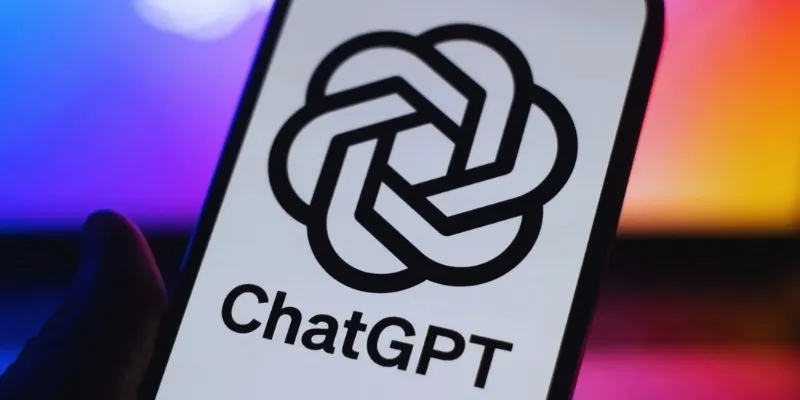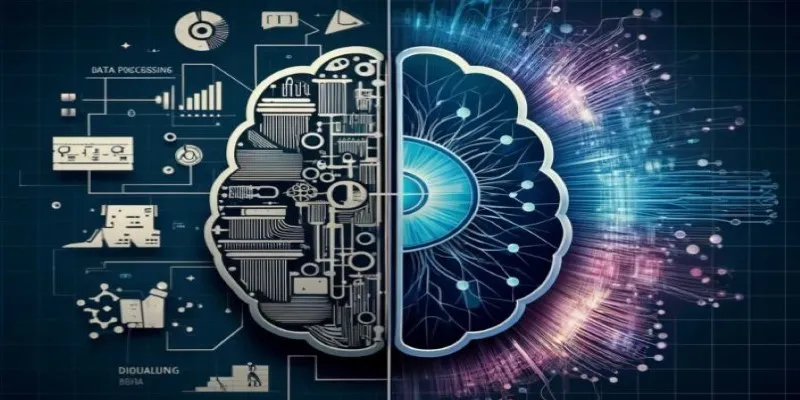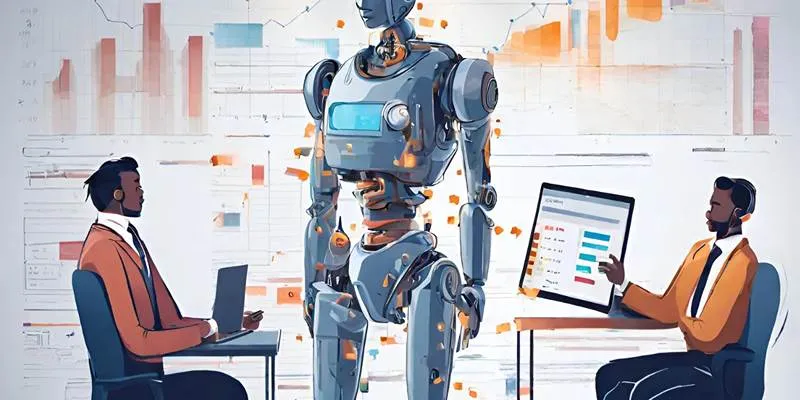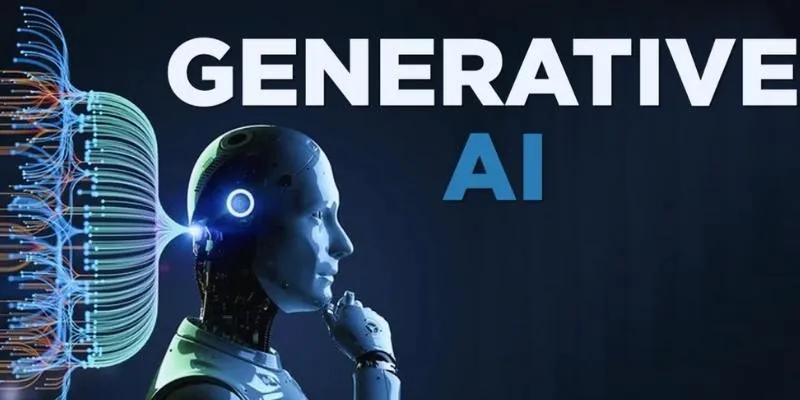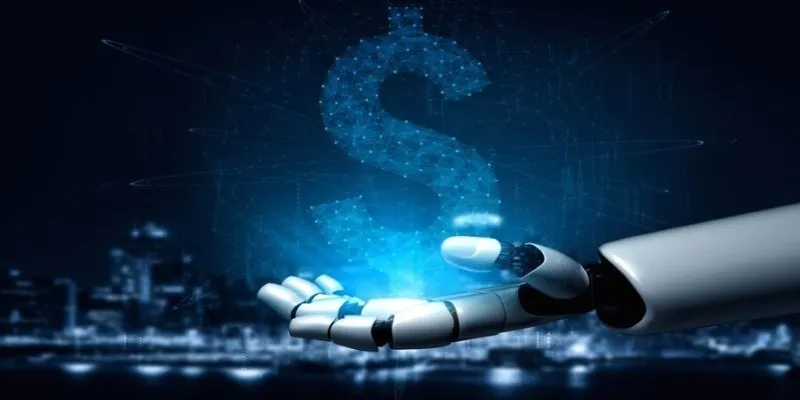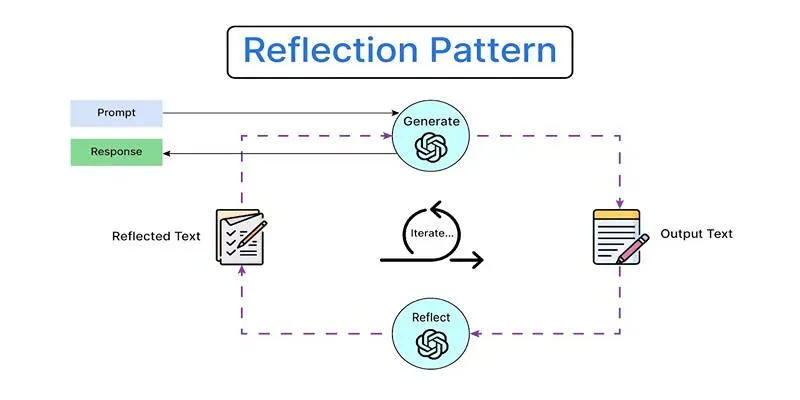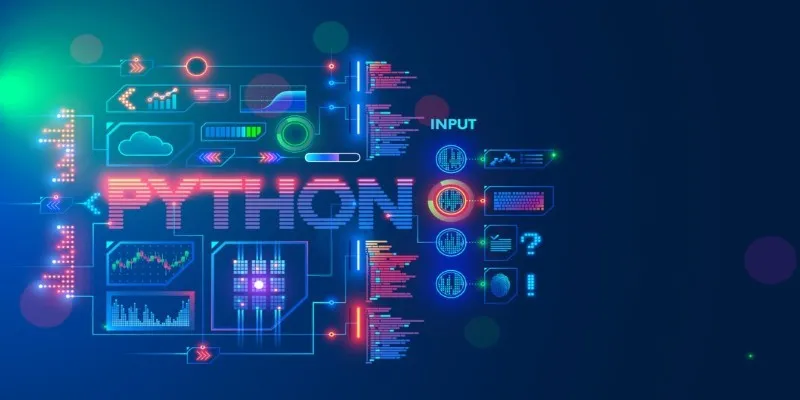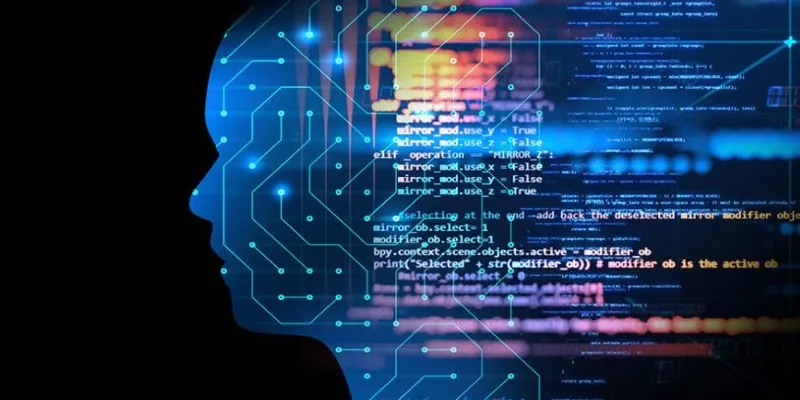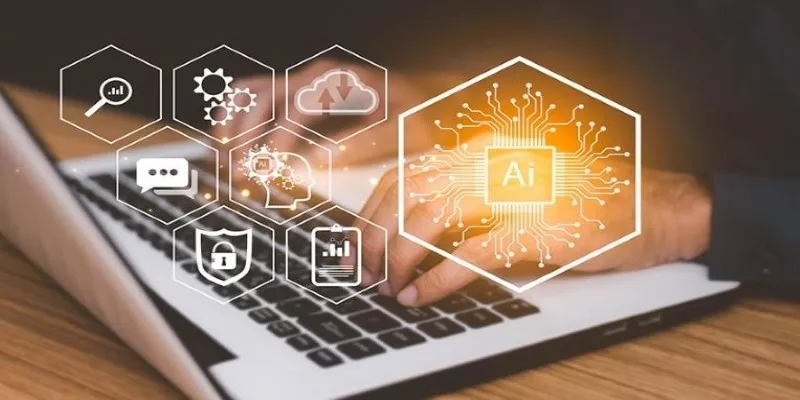Technology has always shaped the way we live, but Artificial Intelligence (AI) is rewriting the rules faster than anyone expected. Behind every smart app or automated system lies a silent question: is this helping people or hurting them? AI is not just about innovation; it’s about power—power over data, decisions, and sometimes over people’s rights.
That’s why the conversation around AI and Human Rights matters more than ever. It’s no longer just a technical debate; it’s deeply personal. As machines become more involved in our daily lives, we need to ask hard questions about fairness, privacy, and ethical responsibility.
The Risks AI Poses to Human Rights
AI systems live on data. The more they receive, the better they become at decision-making. However, this reliance on data comes with huge risks—particularly for privacy. For example, facial recognition technology can monitor people without their consent or even their knowledge, harvesting information from personal devices, online activities, and daily habits. This data can build rich profiles of individuals—usually without their knowledge. When such systems are abused or end up in the hands of the wrong people, they can be greatly detrimental to human rights.
Another troubling issue is discrimination. Although AI is programmed to be neutral, the truth is otherwise. Humans develop algorithms, and the data they operate on may have existing biases. This results in outcomes that inadvertently reproduce inequality. Computerized hiring tools may discriminate against candidates based on gender or race, while AI-based credit scoring tools may disadvantage already vulnerable communities. These are not technical errors; they are a direct contravention of human rights.
Surveillance is also one field in which AI’s impact stirs ethical concerns. In some countries, AI-assisted surveillance methods are employed to monitor public gatherings, track activities, and even quell political opposition. While governments might appeal to security rationales for these actions, such practice raises deep concerns about freedom of speech and the right to privacy. The intersection of AI and Human Rights is crucial here, as the ability to live freely without constant monitoring is at risk.
Ethical Considerations in AI Development
Addressing these challenges is not impossible, but it requires a clear focus on ethical considerations at every step of AI development. The first step is transparency. AI systems should not operate in secrecy. People should know when they interact with AI and how decisions about them are being made. The logic behind automated decisions needs to be explained in plain language, not buried in technical jargon.

Another critical ethical consideration is accountability. If an AI system causes harm—whether by denying someone a job, unfairly profiling them, or exposing their data—there must be a clear line of responsibility. Companies and developers cannot hide behind the excuse that “the system did it.” Human oversight must remain a core part of every AI project.
Consent is also at the heart of ethical AI. People should have the choice to opt in or opt out of data collection and AI-driven services. Without consent, there is a risk of exploitation, especially for vulnerable communities. AI and Human Rights cannot coexist if people do not have control over their information.
Fairness in AI systems means ensuring that algorithms are tested for bias and trained on diverse data sets. Ethical considerations demand that developers look beyond efficiency and focus on equity. Who benefits from this AI system? Who is harmed? These questions must guide every decision.
Finally, there is the issue of access. AI should not be a tool for the privileged few. Ethical considerations include ensuring that the benefits of AI are shared across all segments of society, regardless of location, income, or background. A fair AI future is one where everyone has a seat at the table.
Real-World Implications and the Path Forward
The impact of AI and Human Rights is already visible in various sectors. In healthcare, AI-driven diagnostics can improve patient outcomes but may also mishandle sensitive medical data. In education, automated grading systems can streamline evaluations but risk overlooking students from non-traditional backgrounds.

AI in law enforcement presents one of the most difficult challenges. Predictive policing tools may claim to prevent crime, but they often rely on historical data that reflects systemic biases. Ethical considerations must take into account not only the effectiveness of these tools but also their social impact.
International organizations, human rights groups, and technology experts are now pushing for clear guidelines and regulations around AI use. The European Union has taken a strong position on AI governance, proposing rules that classify high-risk AI applications and set strict requirements for their use. Ethical considerations are not just suggestions—they are becoming legal expectations.
Corporate responsibility is also crucial. Tech companies must embed ethical frameworks into their products, not just as an afterthought but as a foundation of their design. This means conducting human rights impact assessments, involving diverse voices in AI development, and committing to transparency.
However, developers are not the only ones responsible for this. Governments, educational institutions, and civil society all have roles to play in shaping the future of AI. Public awareness is key. People need to understand what AI can do, what risks it carries, and what rights they have in a world shaped by algorithms.
Education is a long-term solution. Teaching AI literacy—not just coding but also the ethical considerations of AI—will prepare future generations to navigate a world where machines have decision-making power. AI and Human Rights will continue to intersect, and society must be ready to deal with this complex relationship.
Conclusion
AI is shaping the future, but its success depends on respecting human rights. Ethical considerations like privacy, fairness, and accountability must guide its development. Without these, AI risks harming people rather than helping them. Developers, governments, and society must work together to create responsible AI systems. The balance between technology and human rights is delicate but possible. With conscious efforts, AI can become a force that protects dignity, promotes equality, and supports a fairer world for everyone.
 zfn9
zfn9



